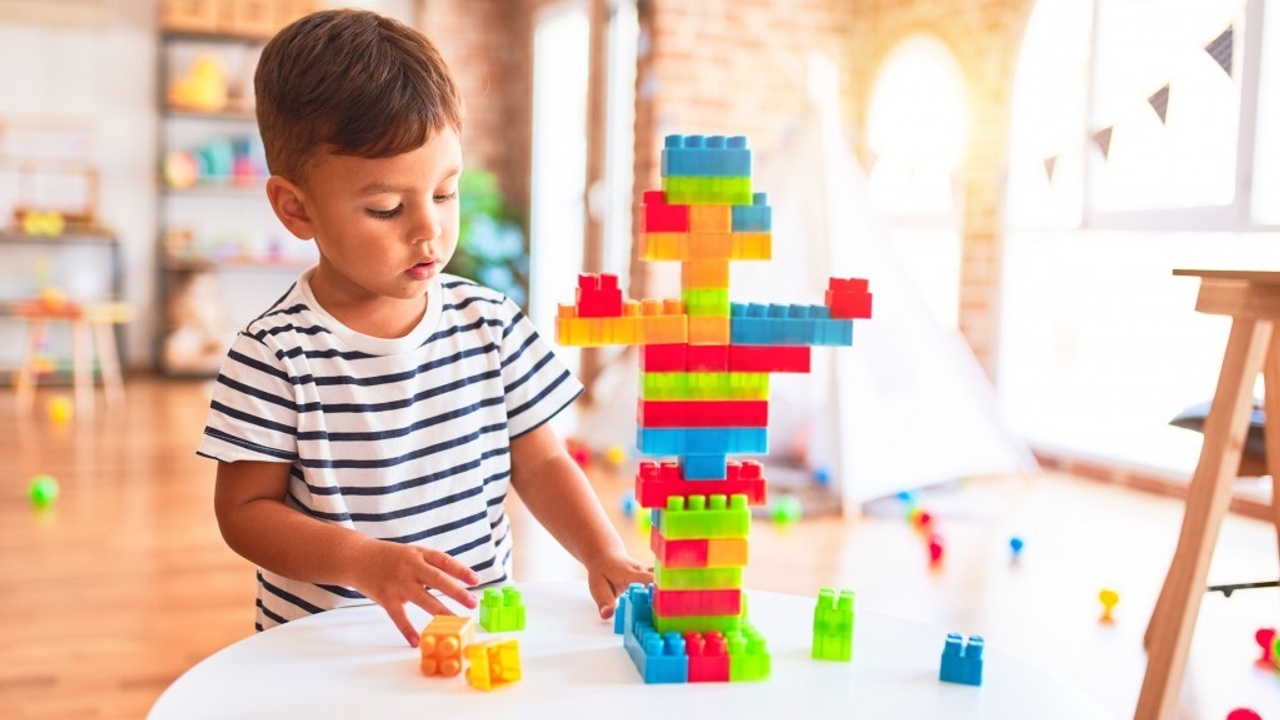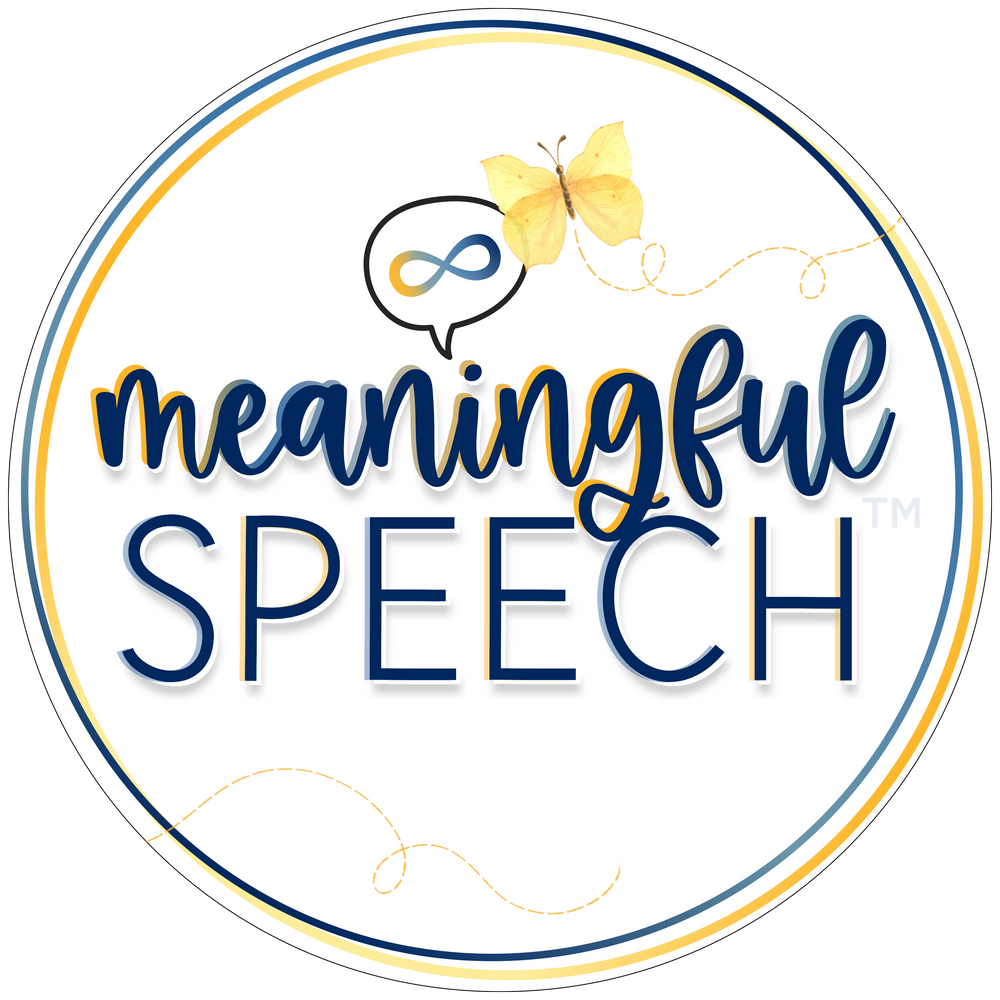The Stages of Gestalt Language Development
Nov 16, 2022
We often get questions about the stages like, “Will my child use flexible language?”, “Is it possible for a child to communicate using a variety of stages?”, “How do I identify the different stages of gestalt language development?” or “Is it normal for a child to communicate using only one stage?”
The Natural Language Acquisition (NLA) Framework
Gestalt language processors follow predictable stages in their language development. These stages eventually lead to original, flexible language. Dr. Barry Prizant originally published these stages in his research in 1983. Marge Blanc then wrote a book in 2012 about gestalt language development where she outlined these stages in a framework called Natural Language Acquisition (NLA). This book was based on the pioneering research of both Dr. Prizant and Dr. Ann Peters.
There are six stages of gestalt language development. Some kids will communicate using a mix of these stages and some children communicate in one stage almost 100 percent of the time. In order to set goals for therapy and/or make home plans, we want to figure out which stage a child is mainly communicating in first using the Natural Language Acquisition (NLA) framework.
Stage 1: Delayed Echolalia
At this stage, children are scripting whole gestalts, using single word gestalts and/or using intonationally defined strings of language that may or may not be intelligible and hold a larger meaning. These scripts typically come from people, media or books. You can learn more about how to identify children in the early stages of gestalt language development here.
Example:
Child: “There’s a monster at the end of this book!” This is a gestalt picked up from a book the child loves.
Stage 2: Mix and Match Stage or “Trimming down” (Partial Gestalts)
At this stage, children are mitigating larger Stage 1 gestalts into smaller chunks. They are also mixing and matching parts/chunks of gestalts into semi-unique utterances. This is also the stage where a child may “trim down” a longer gestalt. Example: “There’s a monster at the end of this book!” to “There’s a monster at the end!”
Example #1 (mixing of two partial gestalts):
Child: “There’s a monster + under there” = There’s a monster under there.
Example #2 (Trimming down):
Child: “There’s a monster”
Stage 3: Single Words and Two-Word Combinations
At this stage, children are now breaking down scripts into single word units and/or making new noun combinations. This is when children are finally able to identify words as single units of meaning and begin using self-generated language. We’re not concerned about grammar or word order at this stage.
Example:
Child: “Monster” (single noun), “Scary monster” (adjective + noun combination), “Monster bed” (noun + noun combination)
Stages 4-6: New Original Phrases or Sentences with Beginning Grammar, More Advanced and Complex Grammar
At these stages, children are now putting individual word units together to make their own novel phrases or sentences. At Stage 4, children are using beginning grammar, Stage 4 is when we can begin to support grammar development. At stages 5-6, children begin using advanced and complex grammar.
Examples: “The monster goed under” (Stage 4) “The monster can’t get out” (Stage 5), “Shouldn’t he have come out from under the bed by now?” (Stage 6).
Want to learn more in-depth information about how to assess and support gestalt language processors?
-
There are many free podcasts, webinars and articles to get you started. A comprehensive list of resources can also be found on our website.
-
Consider taking the Meaningful Speech course to learn more about how your child or client processes language and how you can help move them from echolalia to self-generated (original flexible) language.
-
Look for a speech-language pathologist (SLP) who “gets it” and can help you in supporting your child’s language development. Check out our registry for SLPs who understand gestalt language processing and child-led therapy.
